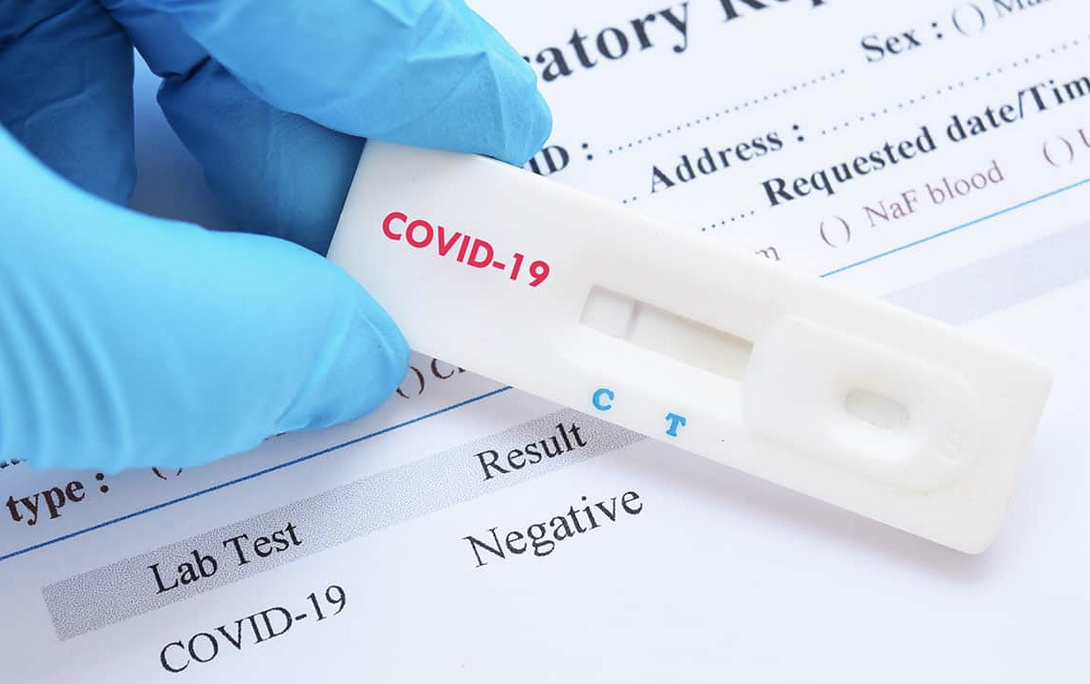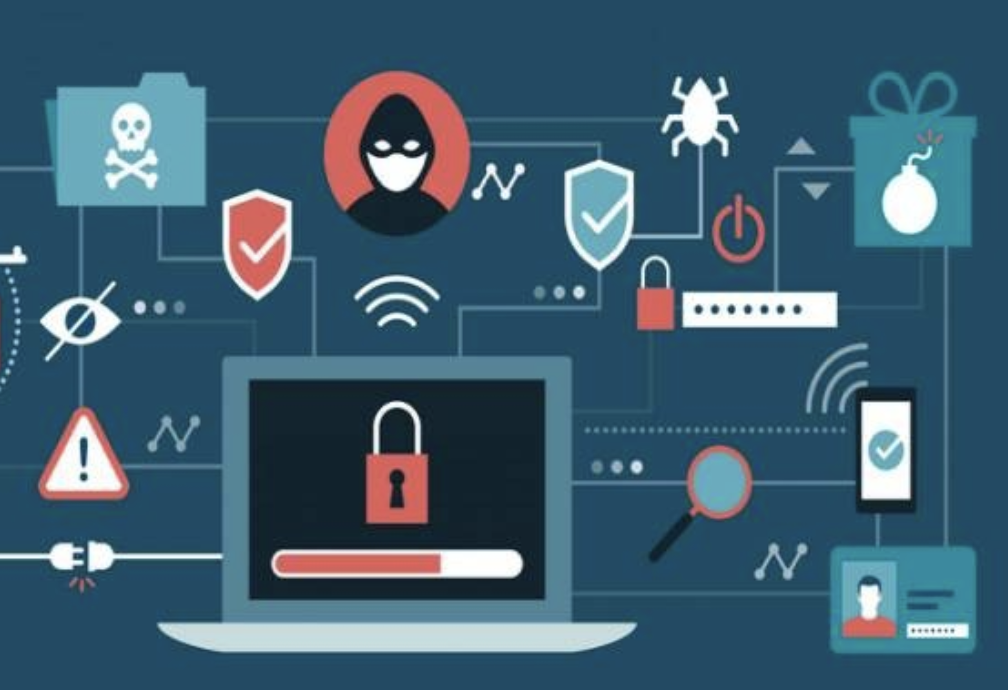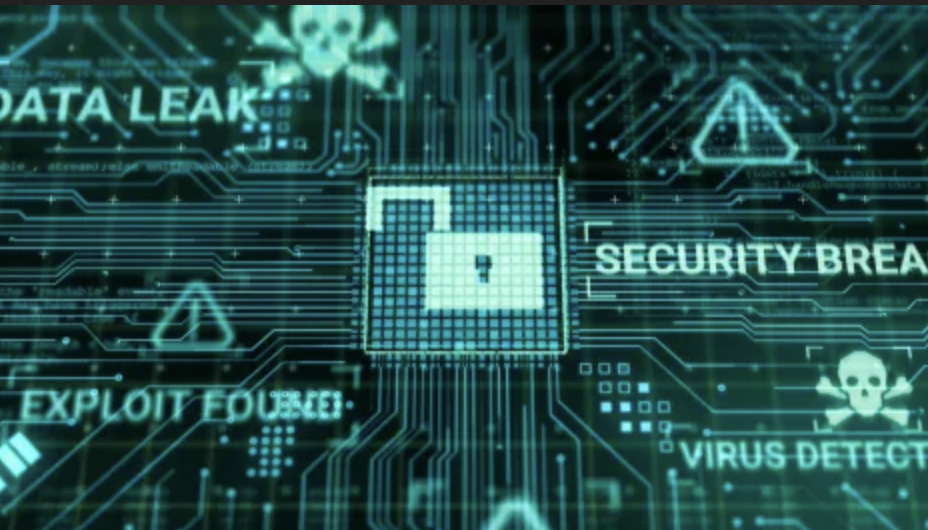The Unseen Threat: Navigating the Risks of a Medical Lab Data Breach Exposing COVID-19 Test Results
In an era where health information is stored electronically, the recent data breach at a medical lab Coronalab.eu is owned by Microbe & Lab revealing COVID-19 test results along with personally identifiable information (PII), passport numbers, and nationalities, serves as a stark reminder of the vulnerabilities in our interconnected world. As individuals grapple with the implications of this breach, understanding the risks and taking proactive steps becomes crucial.
The Risks for Individuals:
- Identity Theft and Fraud: The exposure of passport numbers and nationalities poses a significant risk of identity theft. Hackers with access to this information can engage in fraudulent activities, opening bank accounts, applying for credit cards, or committing other forms of financial fraud in the victims’ names.
- Phishing Attacks: Individuals affected by the breach may become targets of phishing attacks. Cybercriminals, armed with the compromised information, can craft convincing emails or messages to deceive recipients into disclosing more sensitive information or clicking on malicious links.
- Social Engineering: Passport numbers and nationalities can be leveraged in social engineering attacks, where scammers manipulate individuals into divulging additional personal or financial information. This tactic relies on exploiting the trust individuals place in entities using legitimate-sounding requests.
- Health Privacy Concerns: COVID-19 test results, which are inherently sensitive, were exposed in the breach. This compromises individuals’ health privacy, potentially leading to discrimination or other unwanted consequences.
What Individuals Should Be Aware Of:
- Monitor Financial Statements: Individuals should closely monitor their bank and credit card statements for any suspicious activities. Immediate reporting of unauthorized transactions is crucial in mitigating financial risks.
- Beware of Phishing Attempts: Be vigilant for unsolicited emails, messages, or calls requesting personal information. Legitimate organizations will not ask for sensitive details through these channels. Verify the authenticity of communication before responding.
- Strengthen Passwords and Use Two-Factor Authentication: Strengthen online security by updating passwords and enabling two-factor authentication wherever possible. This adds an extra layer of protection against unauthorized access.
- Check for Unusual Activities in Personal Records: Regularly review personal records, such as medical files and government documents, for any unusual activities. Report any discrepancies to relevant authorities and take necessary steps to rectify them.
- Stay Informed about Security Measures: Stay informed about the actions taken by the medical lab and relevant authorities to address the breach. Knowledge about security enhancements and preventive measures can guide individuals in protecting their information.
- Seek Legal and Financial Advice: Individuals affected by the breach may consider seeking legal and financial advice to understand their rights and explore avenues for potential recourse. Legal professionals can provide guidance on actions to take in the aftermath of a data breach.
The data breach at the medical lab, exposing COVID-19 test results and personal information, underscores the critical need for heightened awareness and proactive measures. As individuals navigate the fallout of this breach, vigilance, informed decision-making, and collaboration with authorities are paramount. By taking steps to safeguard personal information and staying abreast of security developments, individuals can mitigate the risks associated with the breach and contribute to a more resilient and secure digital landscape.




